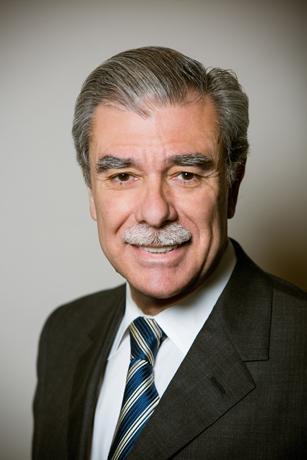[Editor’s note: The following commentary is in response to the Jan. 14 Georgetowner cover story, “Cuban Dreams.”]
Since 1959, numerous overtures have been made by several U.S. presidents to improve relations with Cuba. The pattern has been repeated over and over: the Castro regime always finds a way to derail talks. Why?
Because if the U.S. were no longer “the empire” and the “enemy” of the Cuban people, the Castro brothers would have no reason to exist. Above all, they want to remain in control of every aspect of Cubans’ lives.
We now have the opportunity to observe whether the pattern is repeated.
Last week in Havana, Assistant Secretary of State Roberta Jacobson met with her Cuban counterpart, Josefina Vidal. Before the meeting, the Obama administration announced the new U.S. regulations for travel, remittances, telecom, small business support and credit card use. The administration also confirmed its commitment to reestablish and review Cuba’s inclusion on the list of state sponsors of terror. The goal is to remove Cuba from the list.
I criticized the deal as being lopsided in Cuba’s favor when it was announced. However, it should be recognized that President Obama has so far delivered on his end of the bargain. How about Cuba?
To the dismay of some, the Cubans upped the ante dramatically at the first meeting: they want the Cuban Adjustment Act (“Wet foot, dry foot” policy) repealed, something Jacobson said the U.S. would not do. The bombshell was when Vidal asked how diplomatic relations can be established if the embargo is still in place. She knows well that lifting the embargo needs congressional approval since it would require a change in the law. This is highly unlikely. Once again, the Cubans are making the negotiations impossible. There will be other surprises.
We now have the opportunity to observe whether there truly is political will among the Cuban government to change, starting with human rights, release of political prisoners and allowing Cubans to open small businesses and buy supplies from the U.S.
If history repeats itself, the Cubans will find a way to derail the talks. I hope the media will track these events closely. We will then understand why Cuba has remained isolated for more than 55 years: because of Cuban reluctance to reestablish relations with the U.S. Stay tuned.
Born in Havana, Carlos Miguel Gutierrez was Secretary of Commerce (2005 to 2009) under President George W. Bush. The former CEO of the Kellogg Company, Gutierrez is a co-chair of Albright Stonebridge Group.


